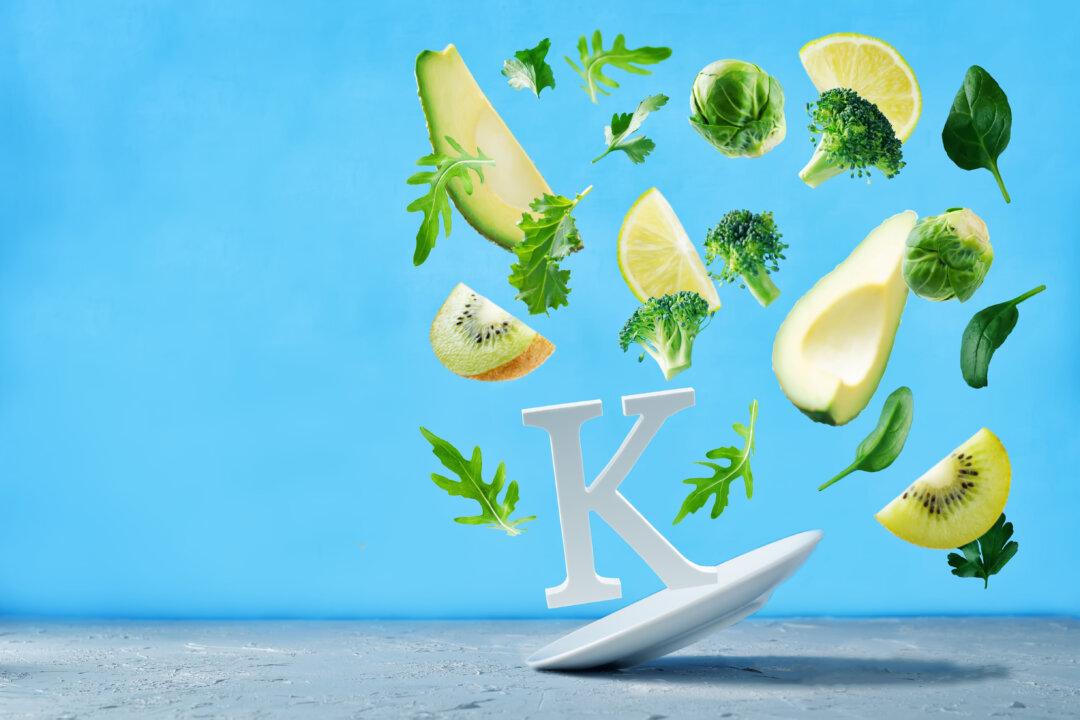Fall is here, and fresh pomegranates are available again. Pomegranate was one of the earliest cultivated fruits, and the fruit has been prominent throughout history in art, culture, and religion, from the story of the seasons in Greek mythology to Romeo and Juliet to the Bible. Pomegranate is ubiquitous in Middle Eastern cooking and its super food status and unique flavor and texture has made it increasingly popular in the U.S. in recent years. A pomegranate contains hundreds of tiny, crisp arils; each aril is a seed encased in a juicy pulp, a tasty mix of sweet and tart flavors.
Pomegranate contains a unique and powerful antioxidant called punicalagin, the most abundant antioxidant in pomegranate, responsible for more than half of the antioxidant activity of pomegranate juice. Pomegranate juice has been analyzed to have greater antioxidant capacity than red wine, grape juice, cranberry juice, green tea or acai juice; drinking pomegranate juice measurably reduces oxidative stress in healthy humans. Much research has shown that pomegranate’s potent antioxidant capacity provides protection against heart disease, cancer and cognitive impairment.
Anti-Cancer:
- Pomegranate has anti-inflammatory effects that may protect against cancer and other chronic diseases.
- Pomegranate has anti-angiogenic properties, meaning that pomegranate may help to prevent growing tumors from acquiring a blood supply, preventing those tumors from receiving the nutrients that would allow them to grow larger.
- Pomegranate is one of the few foods (mushrooms are another) that contain natural aromatase inhibitors — this means that they inhibit the production of estrogen, which can reduce breast cancer risk.
- In men after treatment for prostate cancer, two studies have shown that pomegranate juice or supplements slowed the increase in PSA.







